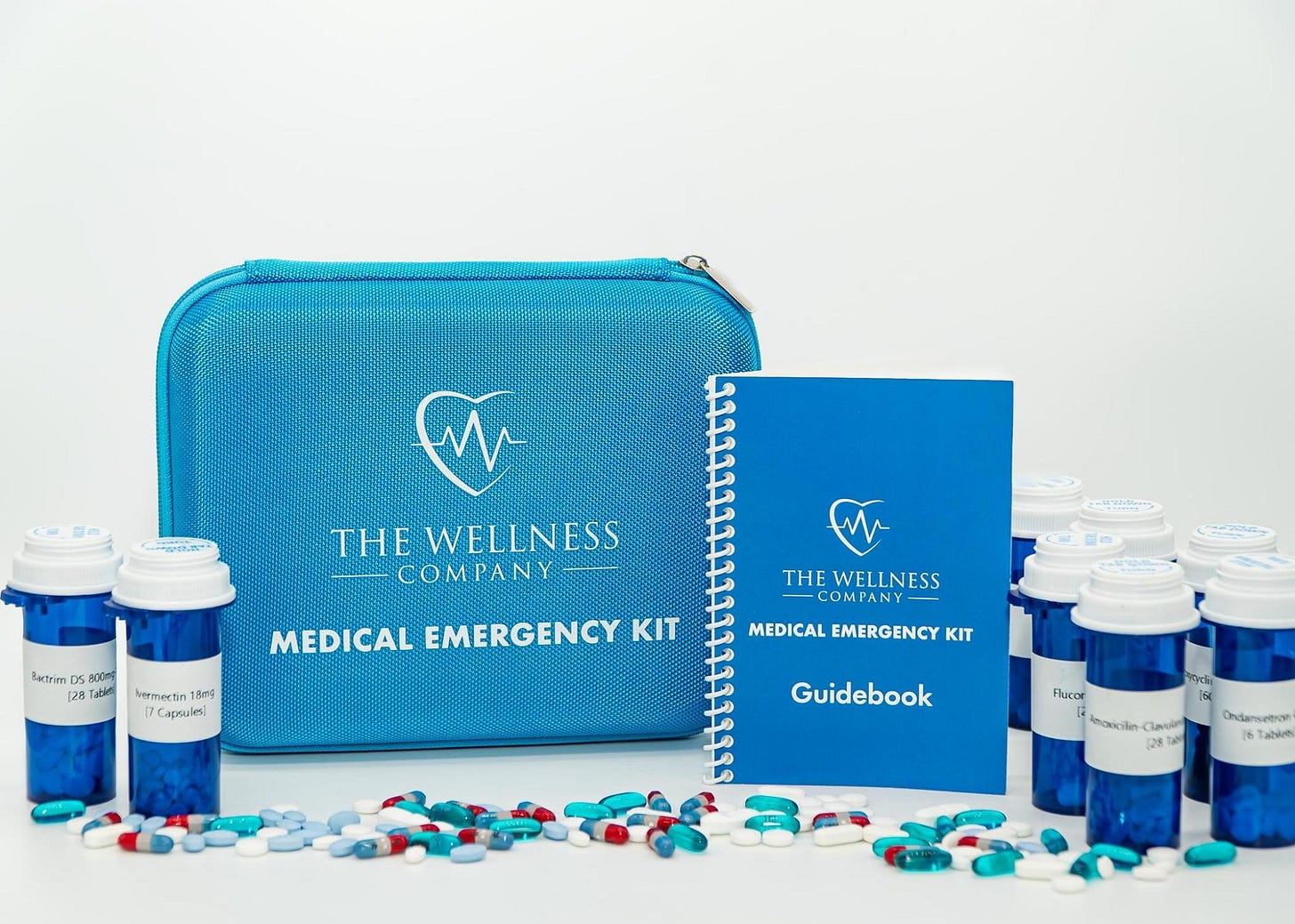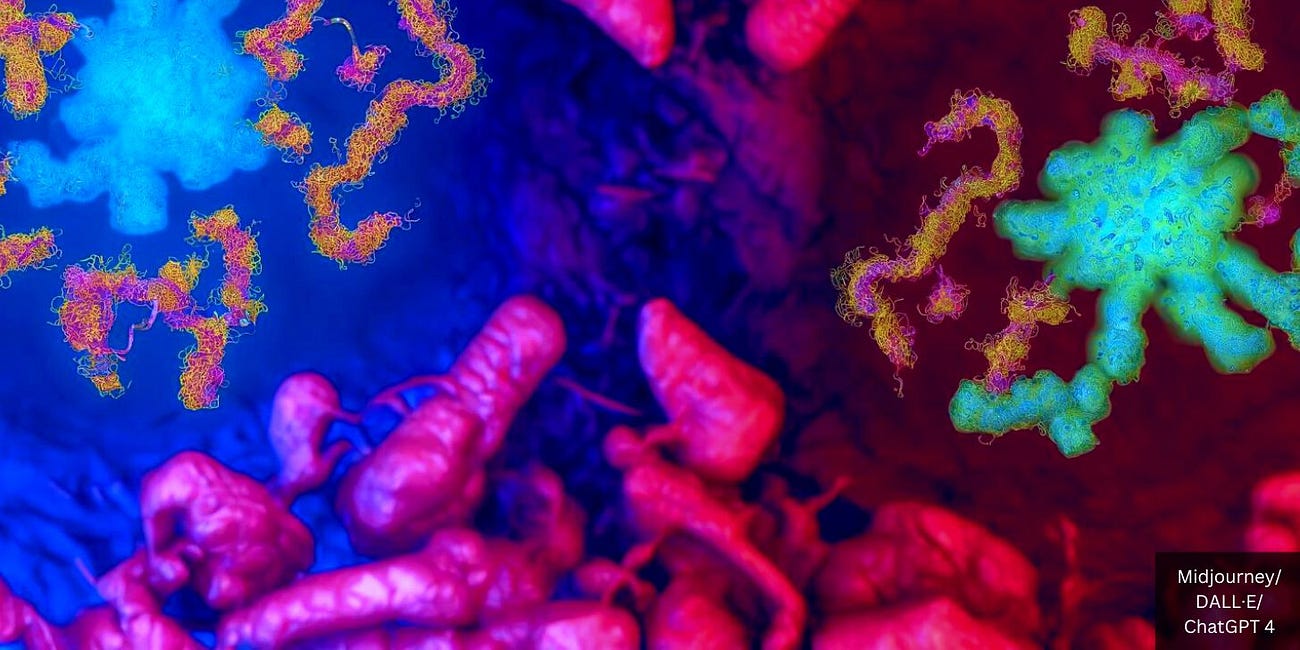Fasting Linked to Less Heart Disease, Hospitalization, Death in COVID-19 Patients: Stanford Study in Journal 'Nutrients'
Lower rates of unstable angina, heart attack, revascularization, and stroke.
A new study published last month in the peer-reviewed science journal Nutrients confirms periodic fasting is associated with less heart failure (HF) hospitalization, less major adverse cardiovascular events (MACEs), and less death in COVID-19 patients.
Follow Jon Fleetwood: Instagram @realjonfleetwood / Twitter @JonMFleetwood / Facebook @realjonfleetwood
The study begins by acknowledging how periodic fasting has already been associated with greater longevity and a lower incidence of HF in pre-pandemic populations.
The study authors set out to evaluate the association between periodic fasting and HF hospitalization and MACEs among COVID patients.
A total of 5,227 patients were enrolled in the INSPIRE survey from February 2013 to March 2020 and provided periodic fasting information.
Periodic fasting was defined as “routinely abstain[ing] from food and drink (i.e., fast) for extended periods of time.”
The patients were followed into the pandemic.
Between March 2020 and February 2023, 2,373 patients were studied, with 601 COVID-positive patients being the primary study population.
“A Cox regression was used to evaluate HF admissions, MACEs, and other endpoints through March 2023, adjusting for covariables, including time-varying COVID-19 vaccination,” the study explains.
Periodic fasting was reported by 180 (30.0% of 601) patients, who fasted over 43.1 ± 19.2 years (min: 7, max: 83).
HF hospitalization occurred in only 13.3% of fasters, compared to 22.1% of non-fasters.
Significantly, most HF admissions were exacerbations of prior HF diagnoses.
Fasting was also linked to a lower risk of major adverse cardiovascular events and death.
“Fasting was also associated with a lower MACE risk (aHR = 0.64, CI = 0.43, 0.96; p = 0.030),” the study states.
“In COVID-positive and negative patients combined, periodic fasting was associated with lower mortality (aHR = 0.60, CI = 0.39, 0.93; p = 0.021).”
Only 17.8% of fasters experienced MACEs, compared to 26.8% of nonfasters.
And only 2.8% of fasters died compared to 4% of nonfasters.
Fasters also had lower rates of unstable angina (2.2% vs. 3.6%), heart attack (0% vs. 2.1%), revascularization (2.8% vs. 3.8%), and stroke (1.7% vs. 2.4%).
The authors conclude: “Routine periodic fasting was associated with a lower risk of HF hospitalization among patients with COVID-19 who were followed for up to 3 years after a COVID-19 diagnosis. Fasting was also associated with a lower risk of MACEs (i.e., HF hospitalization, mortality, hospitalization for unstable angina, acute MI, coronary revascularization, and stroke) in COVID-positive patients and with greater longevity overall.”
Follow Jon Fleetwood: Instagram @realjonfleetwood / Twitter @JonMFleetwood / Facebook @realjonfleetwood
Twice-Weekly 36-Hour Intermittent Fasting Decreases Hunger, Quadruples Fat-Burning Chemicals in Body, Maintains Weight Loss: Journal 'Cureus'
A case report published this month in Cureus reveals that twice-weekly intermittent fasting (IF) reduces the sensation of hunger, increases fat-burning ketones in the body, and produces longer-lasting weight loss.
'Ivermectin Is an Effective Medication' for COVID-19: Double-Blind, Randomized Clinical Trial: 'Jundishapur Journal of Health Sciences'
A new study published last month in the Iranian Jundishapur Journal Of Health Sciences confirms that the antiviral drug ivermectin is a safe and effective treatment for COVID-19.
These 7 Natural Compounds Show 'Potential Use in COVID-19 Treatment': Journal 'Dove Medical Press'
A new study published last week in Dove Medical Press assessed the effectiveness of natural products against SARS-CoV-2, the virus that causes COVID-19. The study, titled “Effectiveness of Drug Repurposing and Natural Products Against SARS-CoV-2: A Comprehensive Review,” carried out searches in PubMed, SciELO, and ScienceDirect databases for articles abo…
Natural Infection Provides More Diverse Antibody Protection Than COVID-19 Injections: Harvard, Boston Children's, Massachusetts General, Brigham and Women's Hospitals
A study published online last month ahead of print in BioRxiv confirms natural SARS-CoV-2 infection supplies the body with more antibodies than COVID-19 mRNA jabs in children under 5 years of age.
Natural Infection Provides Superior Immune Protection Compared to COVID Jab: Journal 'Frontiers in Cellular and Infection Microbiology'
A study published last month in Frontiers in Cellular and Infection Microbiology confirms that natural SARS-CoV-2 infection confers a more potent mucosal immunity following infection compared to vaccination with the Pfizer/BioNTech mRNA COVID-19 jab in children.









I’ve been intermittent fasting since Jan 2018. It’s has been the best intervention health wise I have ever done. I use to get sick all the time but not with intermittent fasting.